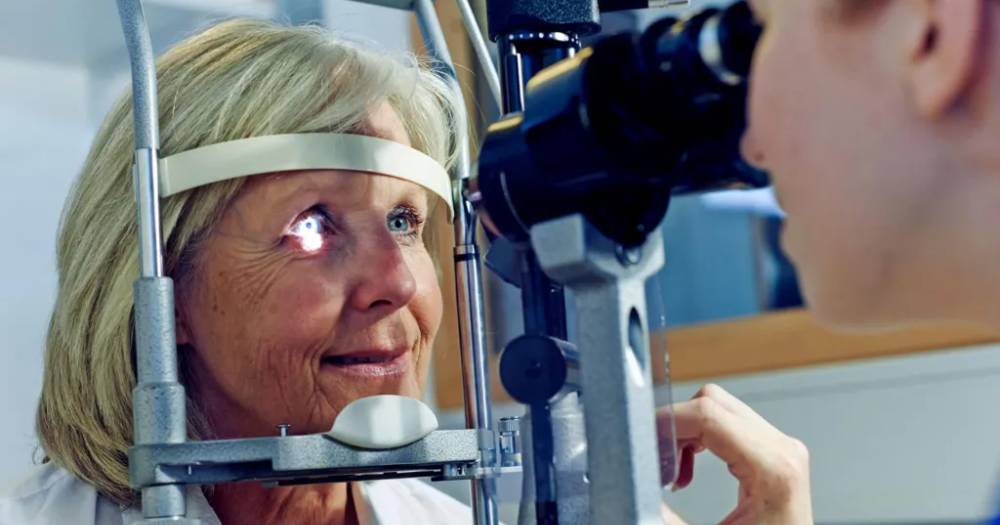Diagnosing dementia AI-enabled through eye tests

It is said the eyes are the window to the soul, but what if they could also be a crystal ball for brain health? Scottish researchers are working on an AI-powered tool that could help opticians detect dementia long before symptoms start knocking at the door. By analyzing photographs of the retina — the delicate, light-sensitive layer at the back of the eye — scientists believe they can spot early warning signs of neurodegenerative diseases.
If all goes to plan, a simple eye exam at your local optician might one day offer a glimpse into your brain's future.
How does it work?
The magic lies in the retina's blood vessels — tiny, intricate highways that can reveal changes linked to brain health. The NeurEYE research team, led by the University of Edinburgh and Glasgow Caledonian University, has collected nearly a million eye scans, making it the largest dataset of its kind. Armed with AI, they've developed an algorithm that can sift through these images, assessing vascular health and flagging potential neurodegenerative conditions.
Professor Baljean Dhillon, co-lead of the project, puts it simply: "The retina holds a whole wealth of information and is a biological barometer of our brain health. Something very simple like a photograph of a retina can now be harnessed to potentially predict brain change later on in life."
By integrating this AI-driven analysis into routine eye exams, clinicians could detect dementia earlier than ever before — perhaps even before patients experience any symptoms.
Why does it matter?
Dementia is a silent thief, robbing millions of their memories, speech, and independence. One in 14 people over 65 and one in six over 80 are affected, according to Dementia UK. Conditions like Alzheimer's creep in slowly, often going unnoticed until significant damage is done. There's no cure, but early diagnosis can buy time, allowing patients and families to plan and access treatment that might slow the decline.
David Steele, a retired mechanical engineer, knows firsthand the toll dementia takes. His mother was misdiagnosed with macular degeneration when, in reality, she was experiencing cerebral blindness linked to Alzheimer's.
"If the link could have been made 10 years ago, it would have allowed my father to have a better life. It would also have allowed the family to prepare a pathway for mum becoming worse and worse," he shared.
His story is one of many — families grappling with the unknown, wishing they had seen the storm coming sooner.
The context
For years, the eyes have been recognized as more than just windows to vision — they offer clues to overall health.
Specialist optometrist Ian Cameron explains it best: "The eye is unique in that it is a window to the whole body. All the systems of the body are represented... we can detect things to do with your vascular system, your heart, high blood pressure, diabetes, and even neurological conditions."
AI is simply amplifying what optometrists have known for a long time — regular eye tests can do more than just update your prescription. By 2026, the NeurEYE team hopes to roll out their technology to opticians across the country. If successful, this innovation could shift dementia diagnosis from a late-stage discovery to an early, actionable insight — offering countless people a fighting chance against an unforgiving disease.
💡Did you know?
You can take your DHArab experience to the next level with our Premium Membership.👉 Click here to learn more
🛠️Featured tool
 Easy-Peasy
Easy-Peasy
An all-in-one AI tool offering the ability to build no-code AI Bots, create articles & social media posts, convert text into natural speech in 40+ languages, create and edit images, generate videos, and more.
👉 Click here to learn more


